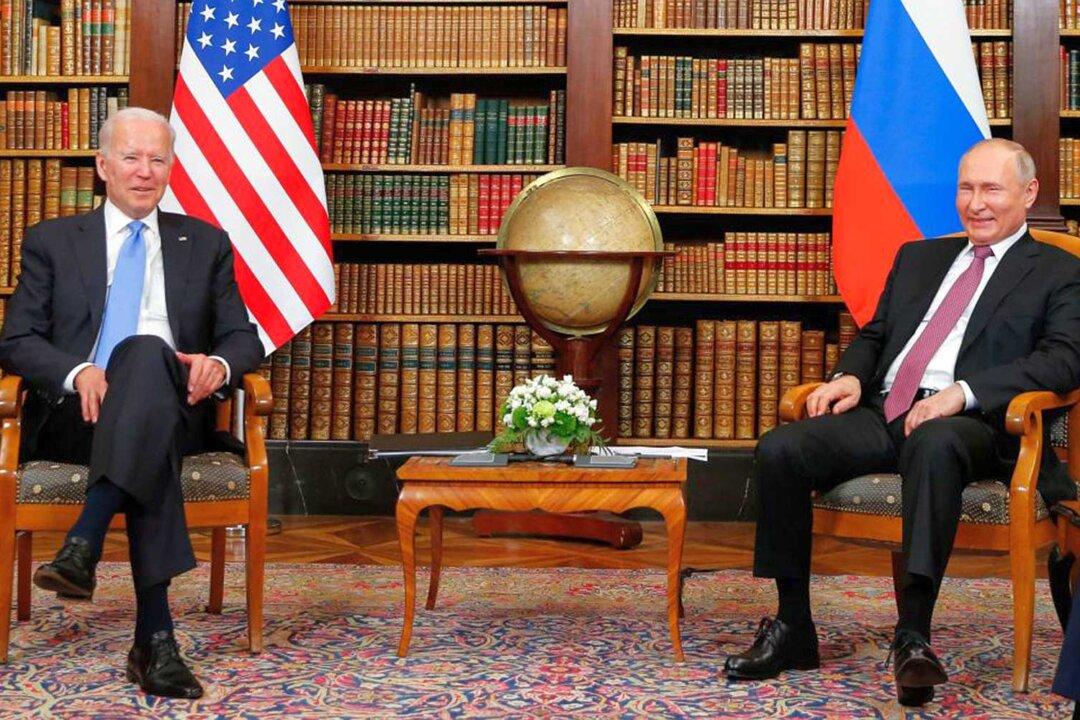The administration of President Joe Biden has once again directed blame for soaring inflation to Russian President Vladimir Putin, but some experts contest these claims, suggesting that the causes of today’s 40-year record inflation precede and transcend the war in Ukraine.
“With the biggest single driver of inflation being Putin’s war against Ukraine, [President Biden] has taken action to blunt the impact of Putin’s Price Hike for families,” the White House said on Twitter Monday.





